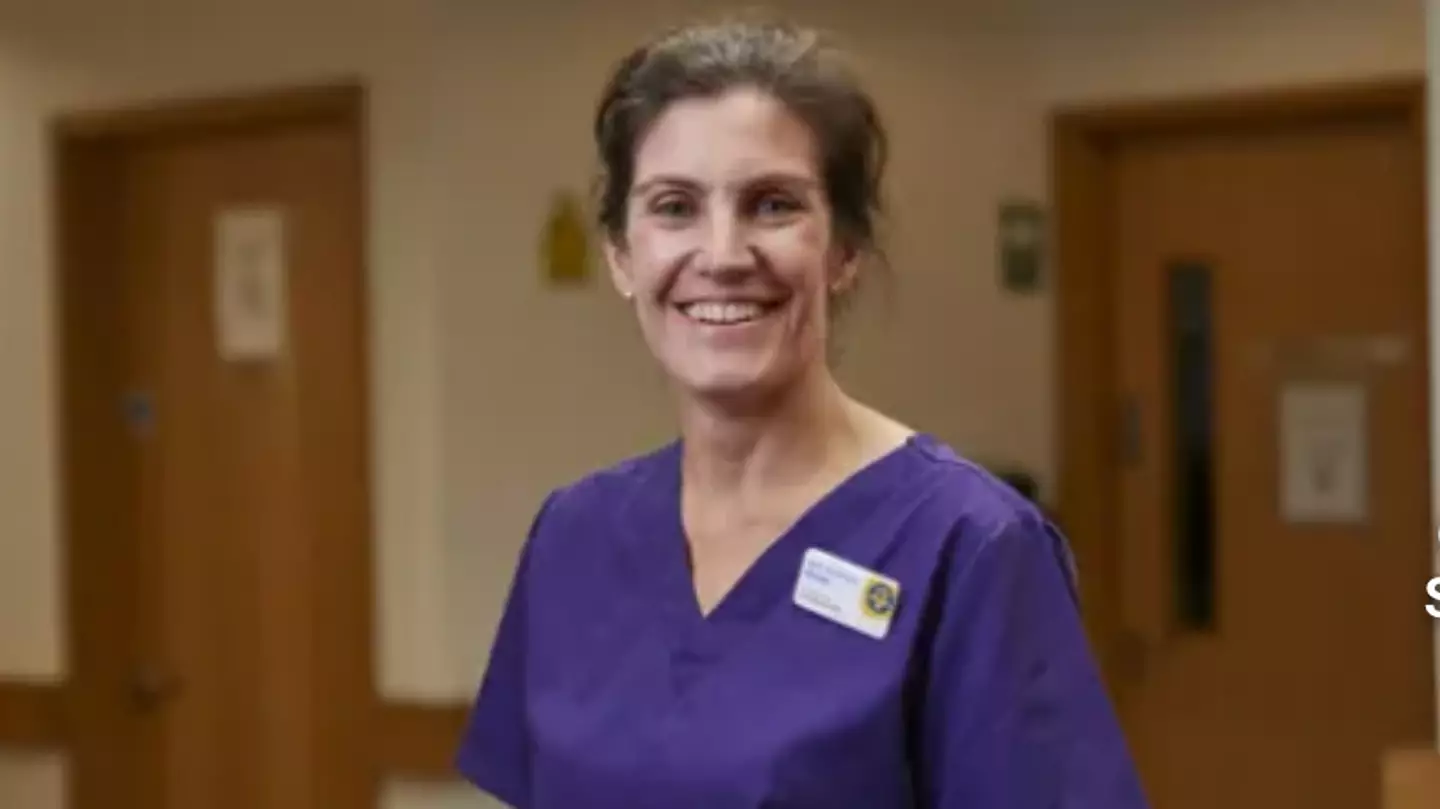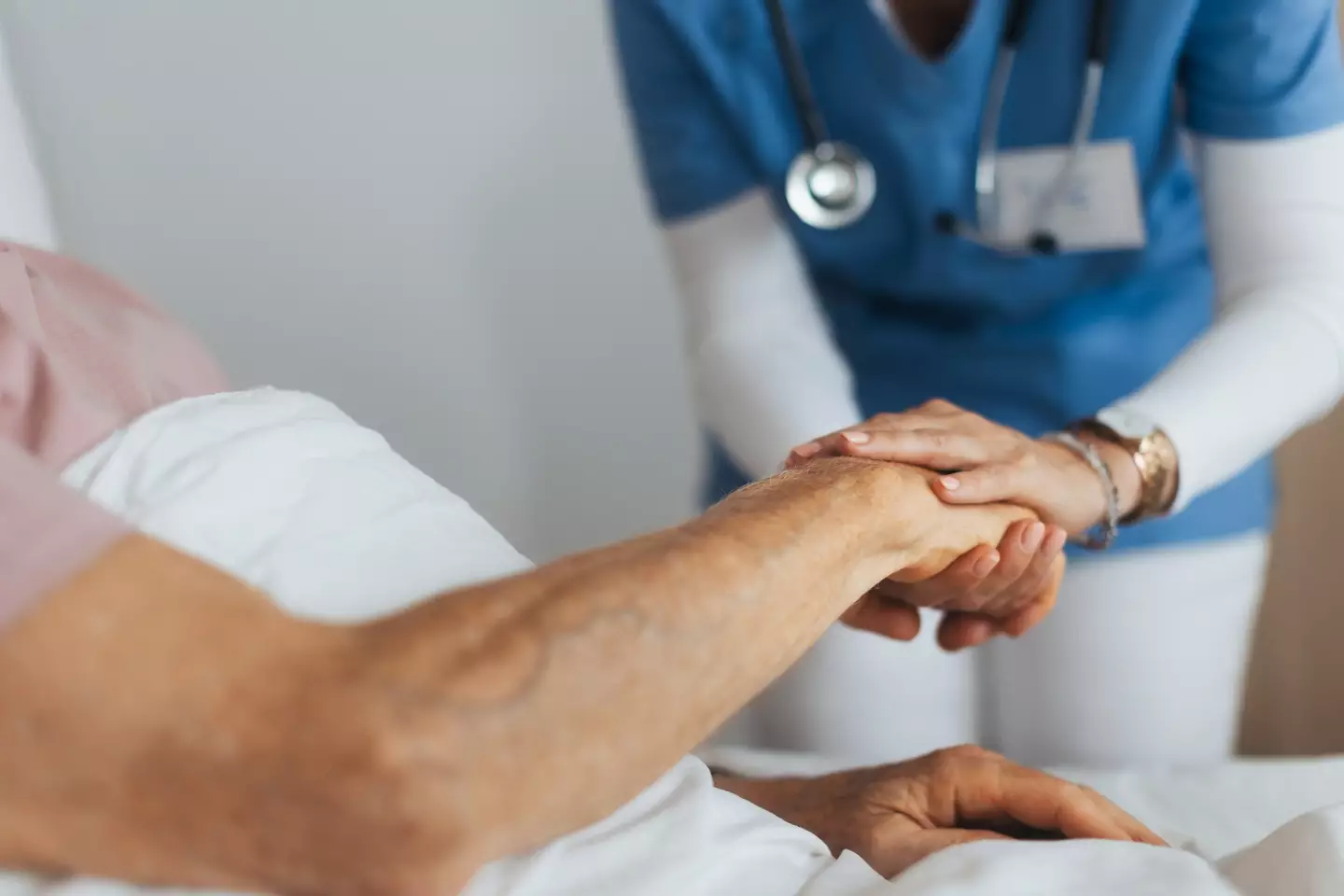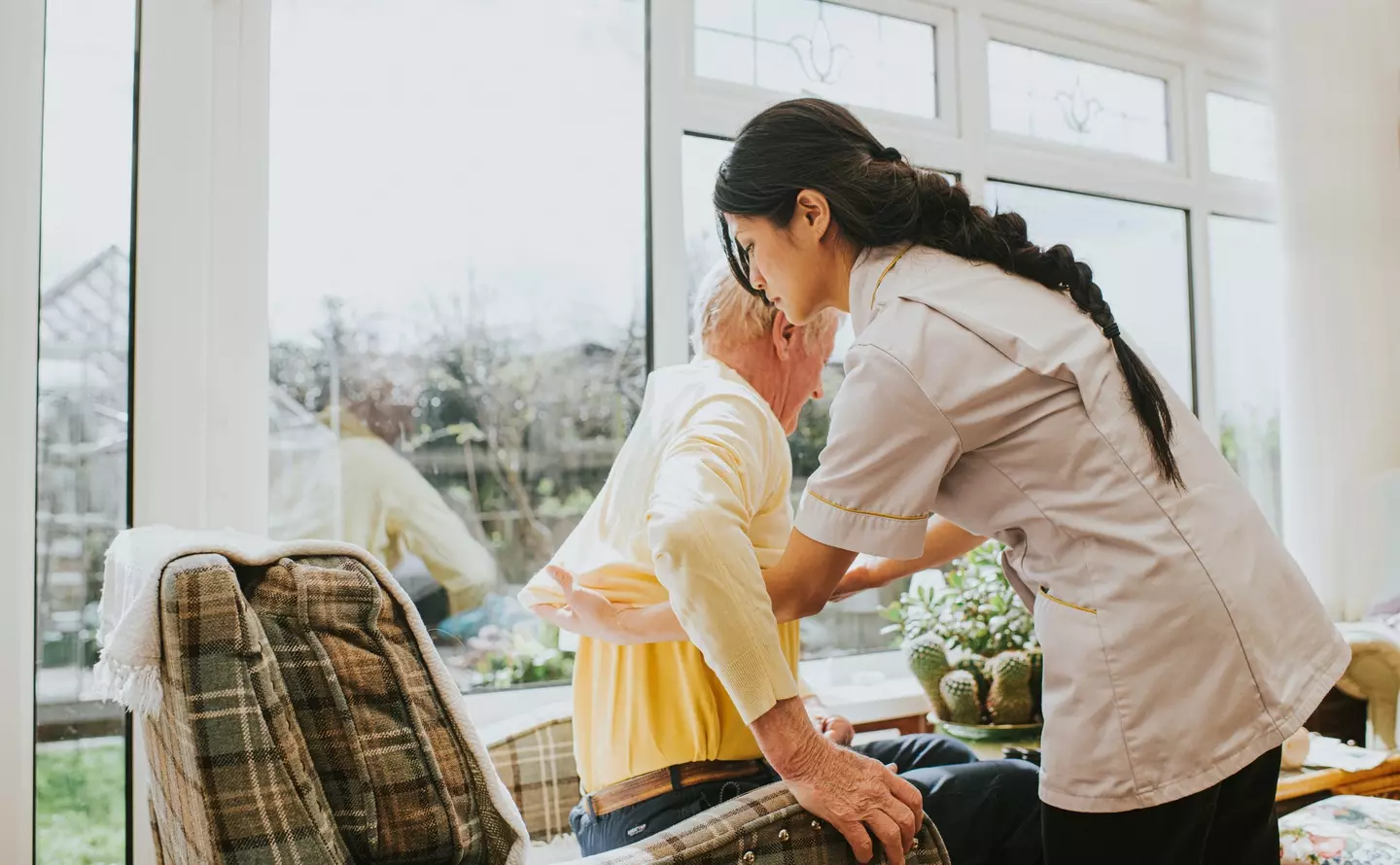
Breaking the stigma around death is an important thing, and an end-of-life nurse has shared some more details about what we can expect when we're about to die.
We Brits in particular are perhaps the kings and queens of avoiding uncomfortable conversations, and when it comes to death, there aren't many people around who will be up for a long chat.
It can be incredibly difficult to witness even one death in your life, no matter what the circumstances, but there's perhaps nobody more qualified to talk about the end-of-life process than a hospice nurse.
Although it is a heartbreaking process to admit a loved one to a hospice, it does mean you can be with them in a comfortable setting until the very end, which perhaps makes talking about the experience a little easier.
Advert
Sarah Holmes, chief medical officer at Marie Curie UK, has now shared more about what it's like to die, in the hope that it can make Brits more comfortable talking about death.

What happens to the body as we start to die?
Death is usually marked when the heart stops and a person is no longer breathing, but there are usually far more signs that it could be about to happen.
Holmes said: "As the body slows down, people become more tired and sleep more. They eat and drink less as the digestive system begins to shut down."
Skin colour can often change as blood circulation slows down, while breathing patterns are likely to become irregular, as patients take long pauses between breaths, which can sometimes make it seem like they have taken their last breath.
Holmes added: "'Eventually, the breathing and heartbeat stop, followed by the brain. It’s usually a very peaceful process. In most cases, people simply slip away."
How quickly does death happen?
Although periods of illness can be drawn out, the actual process of dying is often over quickly.
Once the breathing patterns change, it's likely to be a matter of hours or days at most, before the person loses their life.
Holmes said: "I often remind families that palliative care is about living, not dying. Dying itself is short. Just like birth, the act of leaving the world is as brief as coming into it."
How can we move on emotionally?
After the stress and heartbreak of caring for someone who is at the end of life, things can feel very different after they die.
But palliative care in particular can be very helpful for families who are struggling to accept their new reality, particularly if it's even harder due to the patient not being as old as you would expect.

Holmes said: "One of the most important parts of end-of-life care is helping people and their families come to terms with it.
"Everyone is different in their journey to death. While some will have accepted their fate by the time they reach hospice care (typically older patients who have had a 'good innings'), others still struggle to come to terms with their reality.
"The role of palliative care is to control symptoms and encourage people to make plans. This way, when these things are taken care of, people can focus on living right until the very end — saying what they want to say, doing what matters to them.
"It’s often harder when there are unresolved emotions or unfinished business. Some people are at peace; others still struggle to let go."
If you have experienced a bereavement and would like to speak with someone in confidence, contact Cruse Bereavement Care via their national helpline on 0808 808 1677.
Topics: Mental Health, Health
